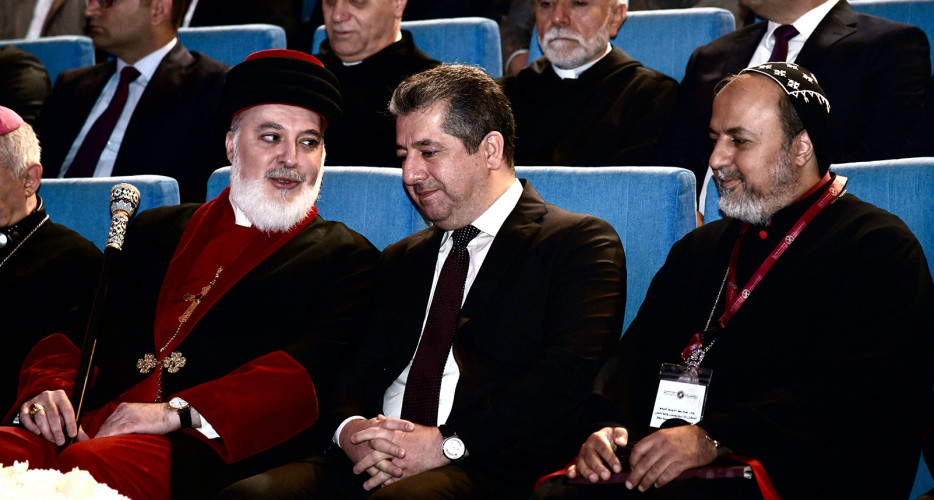Masrour Barzani: Community representation to be enhanced in the next Kurdistan parliament term

Peregraf
Following a lawsuit filed by the PUK, the Iraqi Federal Court has ruled to eliminate 11 community seats in the Kurdistan parliament, thereby decreasing the total number of seats from 111 to 100. This decision sparked significant protests from the affected communities and KDP. Subsequently, the Iraqi Election Judiciary resolved to restore the last five seats to the communities within the context of the 100-seat framework in the Kurdistan Parliament, distributing them into constituencies.
The five community seats are distributed among constituencies within the Kurdistan Region. In Sulaimaniyah, there is one seat designated for Turkmen and another for Christians. Similarly, in Erbil, one seat is reserved for Turkmen and one for Christians, while in Duhok, one seat is allocated for Armenians.
The political parties in Iraqi Kurdistan, particularly the KDP and the PUK, which are the two ruling forces, have conducted numerous bilateral discussions as well as several meetings involving other parties and even UNAMI regarding the amendment of the electoral law. However, they have been unable to overcome their primary challenge, which pertains to the 11 community seats in the Kurdistan Parliament, until the Federal Court issued a ruling on the issue.
The PUK and several other factions expressed discontent regarding the representation of communities within the parliament, asserting that these representatives did not genuinely reflect the interests of their communities, but were instead "exploited by the KDP in political disputes." Furthermore, the electoral legislation was structured in a manner that ensured all 11 quota seats were decided in favor of the KDP.
In the past, the Kurdistan Parliament designated 11 out of its 111 seats for various communities, specifically allocating five seats for Turkmen, five for Christians, and one for Armenians.
An investigation conducted by Peregraf revealed that the blocs and members of parliament representing the communities did not present any bills during the most recent term of the Kurdistan Parliament.